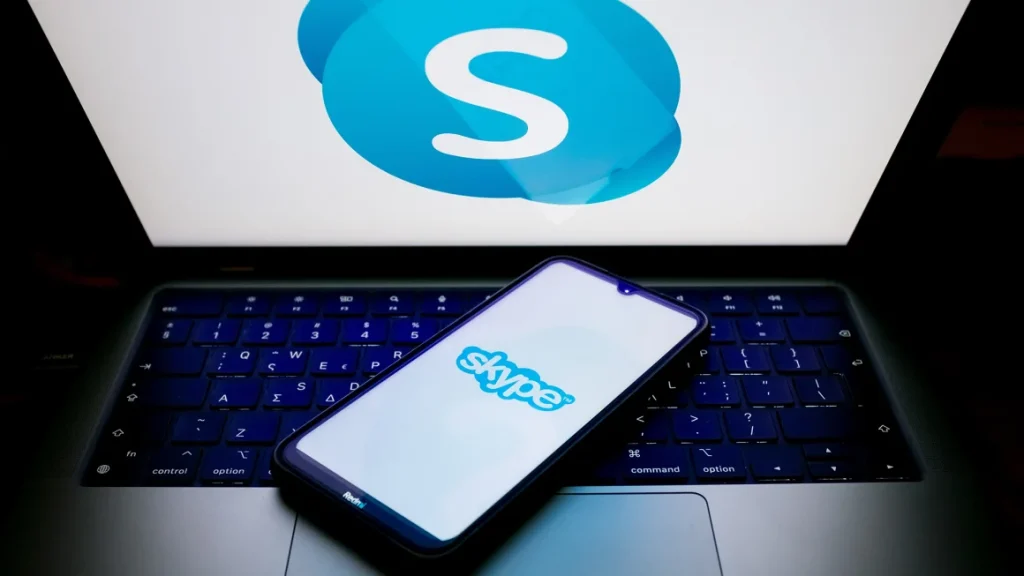Skype, the once-revolutionary platform that redefined global communication, is closing its doors after two decades of connecting people through voice and video calls. Launched in 2003, Skype quickly gained widespread adoption, boasting over 300 million monthly users at its peak. Its free and easy-to-use interface made international communication accessible to a vast audience, bridging geographical divides long before the advent of popular competitors like Zoom and FaceTime. The platform’s impact on how people interacted across borders was undeniable, paving the way for a new era of internet-based communication.
However, the landscape of online communication continued to evolve, and Skype’s dominance gradually waned. In 2011, Microsoft acquired Skype for a substantial $8.5 billion, envisioning it as a cornerstone of its communication strategy. Despite this investment, Skype faced increasing competition from rival platforms like WhatsApp, Zoom, and eventually, Microsoft’s own Teams application. These newer platforms often offered enhanced features, improved user interfaces, and seamless integration with other services, gradually chipping away at Skype’s user base.
The decision to shut down Skype comes as Microsoft aims to streamline its communication offerings and consolidate its focus on Teams. Microsoft views Teams as a more comprehensive platform for both communication and collaboration, offering a wider range of features like file sharing, team chats, and integration with other Microsoft productivity tools. This strategic shift reflects the changing demands of the modern workplace and the growing need for integrated communication and collaboration platforms.
The shutdown, effective May 5, 2024, marks the end of an era for Skype and its millions of users. Both free and paid versions of the consumer application will be discontinued, although Skype for Business will continue to operate, albeit temporarily. Microsoft is actively encouraging users to migrate to Teams, providing tools and resources to facilitate a smooth transition. Users can easily import their Skype contacts and chat history into Teams using their existing Skype login credentials, ensuring continuity in their communication.
To further assist users in preserving their data, Microsoft has provided a window until January 2026 to download or migrate their Skype data. This grace period allows users ample time to retrieve important conversations, shared files, and other valuable information before it is permanently deleted. Microsoft’s commitment to providing this extended timeframe underscores their understanding of the significance of personal data and their desire to facilitate a seamless transition for Skype users.
The closure of Skype serves as a testament to the rapidly evolving nature of the technology industry. While Skype was a pioneer in its time, the constant emergence of new platforms and features has led to its eventual decline. This continuous cycle of innovation and obsolescence highlights the importance of adaptability and the need for companies to continually evolve to meet changing user demands. Though Skype’s chapter may be closing, its legacy as a groundbreaking communication platform will undoubtedly be remembered.


